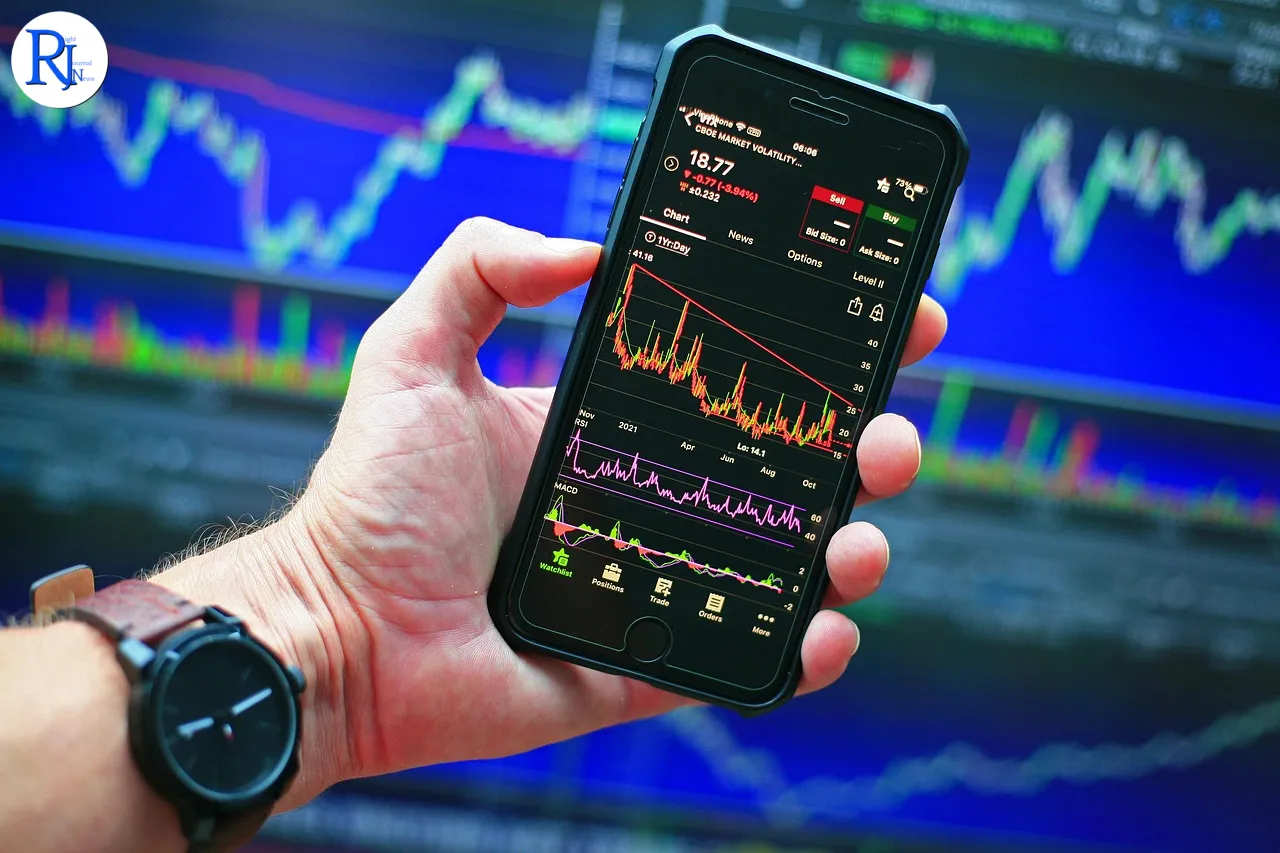Global financial markets faced a tumultuous day after the International Monetary Fund (IMF) issued a stark warning about the potential global economic repercussions of US President Donald Trump’s new tariffs on Chinese imports. The FTSE 100, along with several other major indices, plunged to its lowest level since January, highlighting investor concerns about the escalating trade tensions. While President Trump remains optimistic, claiming that the markets will eventually “boom,” economists and legal experts are sounding alarms over the broader implications.
Timing and Location of the Economic Unrest
The financial turbulence unfolded on 4 April 2025, as markets from New York to London reacted swiftly to the tariff announcement. The FTSE 100, a key indicator of British economic health, dropped sharply, reflecting investor anxiety. Simultaneously, Wall Street experienced a loss of $2.5 trillion, underscoring the widespread apprehension. The tariffs, announced earlier in the week, have been met with criticism from international economic bodies and investors alike.

IMF Warns of Significant Risks
Kristalina Georgieva, the Managing Director of the IMF, expressed serious concerns over the new tariffs, describing them as a “significant risk” to the global economy. The IMF’s warning comes amid fears that retaliatory measures could exacerbate the situation, potentially leading to a trade war with far-reaching consequences. “These tariffs could disrupt global supply chains and increase costs for consumers worldwide,” Georgieva stated during a press briefing. Her comments echo the sentiments of many economists who view the tariffs as a potential catalyst for economic instability.
Trump’s Tariff Strategy Under Scrutiny
President Trump’s decision to impose sweeping tariffs on Chinese imports has been met with mixed reactions. While Trump insists that the tariffs will ultimately benefit the US economy, critics argue that the move is based on flawed calculations. Economists have labelled the strategy “idiotic,” suggesting that it overlooks the complex interdependencies of global trade. “This approach risks alienating key trading partners and could lead to higher prices for American consumers,” noted economist Joseph Stiglitz.
Legal Challenge to the Tariffs
In a significant development, the New Civil Liberties Alliance (NCLA), a conservative legal group, has filed a lawsuit challenging the legality of Trump’s tariffs. The lawsuit, lodged in a federal court in Florida, contends that the President exceeded his authority under the International Emergency Economic Powers Act. Andrew Morris, senior litigation counsel for the NCLA, stated, “By invoking emergency powers to impose these tariffs, the President has usurped Congress’s right to control tariffs, thereby upsetting the constitutional balance of powers.”
Economic Analysis and Potential Outcomes
The immediate market reactions highlight the uncertainty surrounding the tariffs’ impact. Analysts predict further volatility as investors weigh the potential for a protracted trade conflict. Some experts suggest that the tariffs could lead to an inflationary spike in the US, as increased import costs are passed on to consumers. “If the tariffs remain in place, we could see a slowdown in global economic growth,” warned IMF economist Gita Gopinath. The uncertainty has prompted businesses to reassess their supply chains and prepare for possible disruptions.
Investor Sentiment and Market Reactions
Investor sentiment has been notably cautious, with many opting to sell off stocks amid fears of an extended market downturn. The sharp decline in the FTSE 100 and other indices reflects a broader apprehension about the potential fallout from the tariffs. “Investors are concerned about the long-term implications of these trade policies,” said market analyst Susan Li. The market’s reaction underscores the delicate balance that policymakers must navigate to avoid triggering a global economic slowdown.
As the world watches these developments unfold, the focus remains on the potential for diplomatic negotiations to defuse the situation. The coming weeks will be crucial in determining whether the tariffs will lead to a broader economic conflict or if cooler heads will prevail to broker a resolution.
Looking Ahead: Economic Uncertainty Looms
The unfolding situation serves as a stark reminder of the interconnected nature of the global economy. As countries grapple with the implications of the tariffs, the potential for further economic disruptions remains high. The IMF and other international bodies are likely to continue advocating for dialogue and cooperation to mitigate the risks. Meanwhile, businesses and investors will be closely monitoring the situation, hoping for signs of stability in an increasingly uncertain landscape. The global economy stands at a crossroads, with the outcome of this trade dispute likely to shape economic policies and market dynamics in the years to come.

